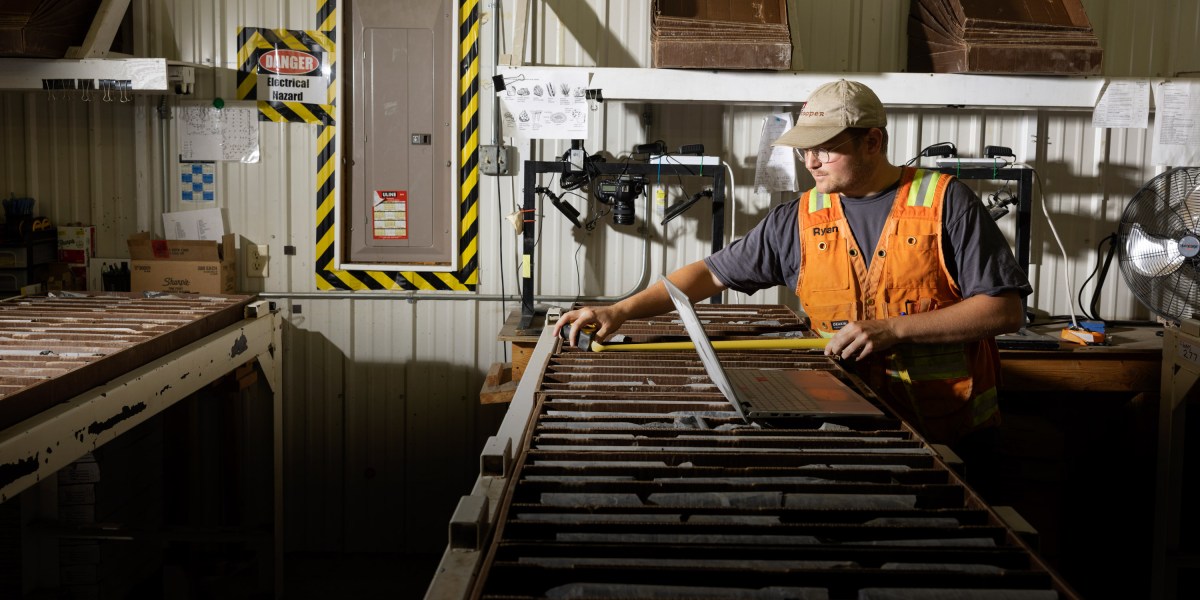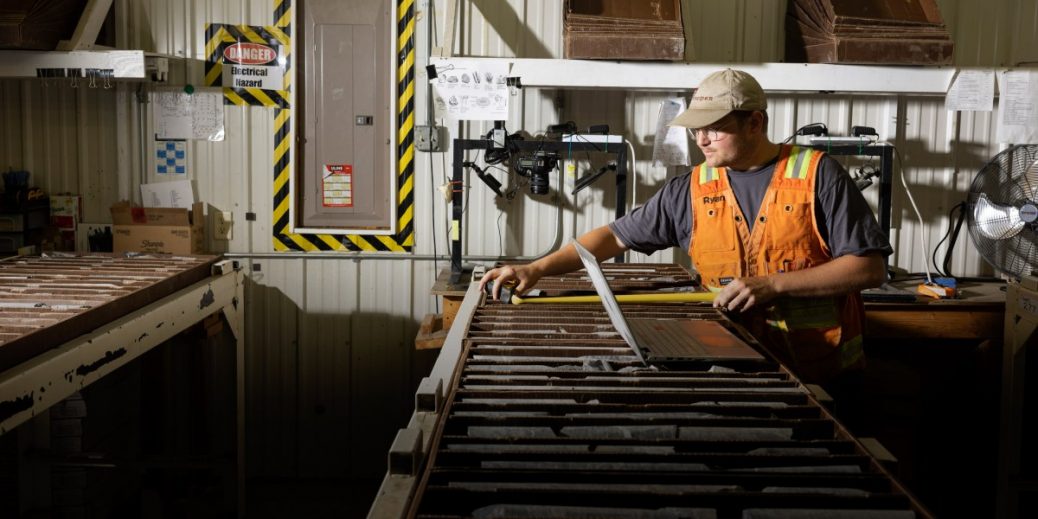
On a pine farm north of the tiny town of Tamarack, Minnesota, Talon Metals has uncovered one of America’s densest nickel deposits—and now it wants to begin tunneling deep into the rock to extract hundreds of thousands of metric tons of mineral-rich ore a year.
If regulators approve the mine, it could mark the starting point in what this mining exploration company claims would become the country’s first complete domestic nickel supply chain, running from the bedrock beneath the Minnesota earth to the batteries in electric vehicles across the nation.
MIT Technology Review wanted to provide a clearer sense of the law’s on-the-ground impact by zeroing in on a single project and examining how these rich subsidies could be unlocked at each point along the supply chain. Take a look at what we found out.
—James Temple
This is the second story in a two-part series exploring the hopes and fears surrounding a single mining proposal in a tiny Minnesota town.
To read more about the importance of critical minerals to building a greener future, check out the latest edition of The Spark, our weekly climate newsletter. Sign up to receive it in your inbox every Wednesday.
The must-reads
I’ve combed the internet to find you today’s most fun/important/scary/fascinating stories about technology.
1 Ring will stop the police from requesting doorbell footage from users
Instead, forces will have to seek warrants to access video from next week. (Bloomberg $)
+ It’s a huge U-turn on the company’s previous stance. (Wired $)
+ Privacy groups are cautiously excited by the decision. (The Register)
+ Ring’s new TV show is a brilliant but ominous viral marketing ploy. (MIT Technology Review)



Recent Comments